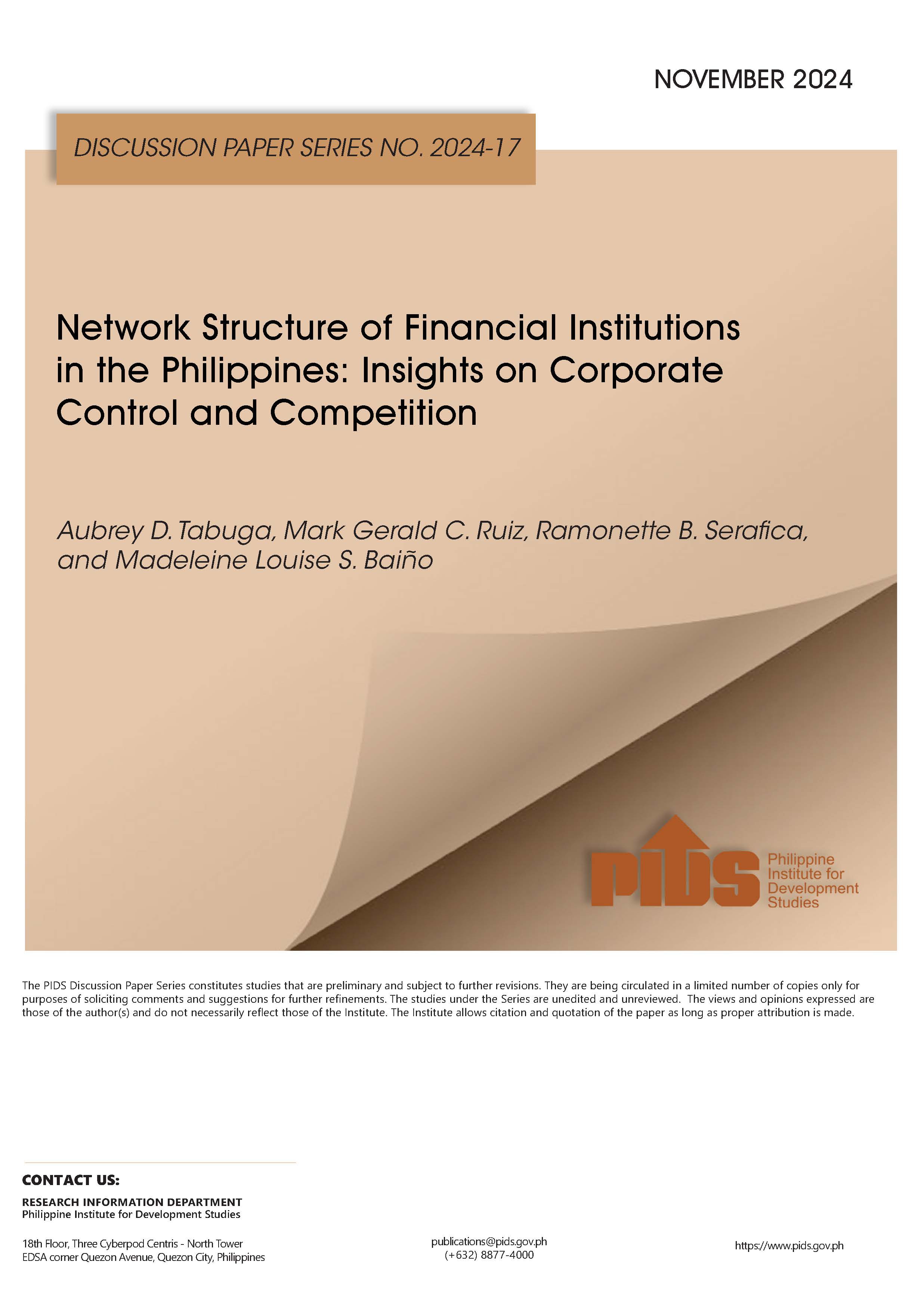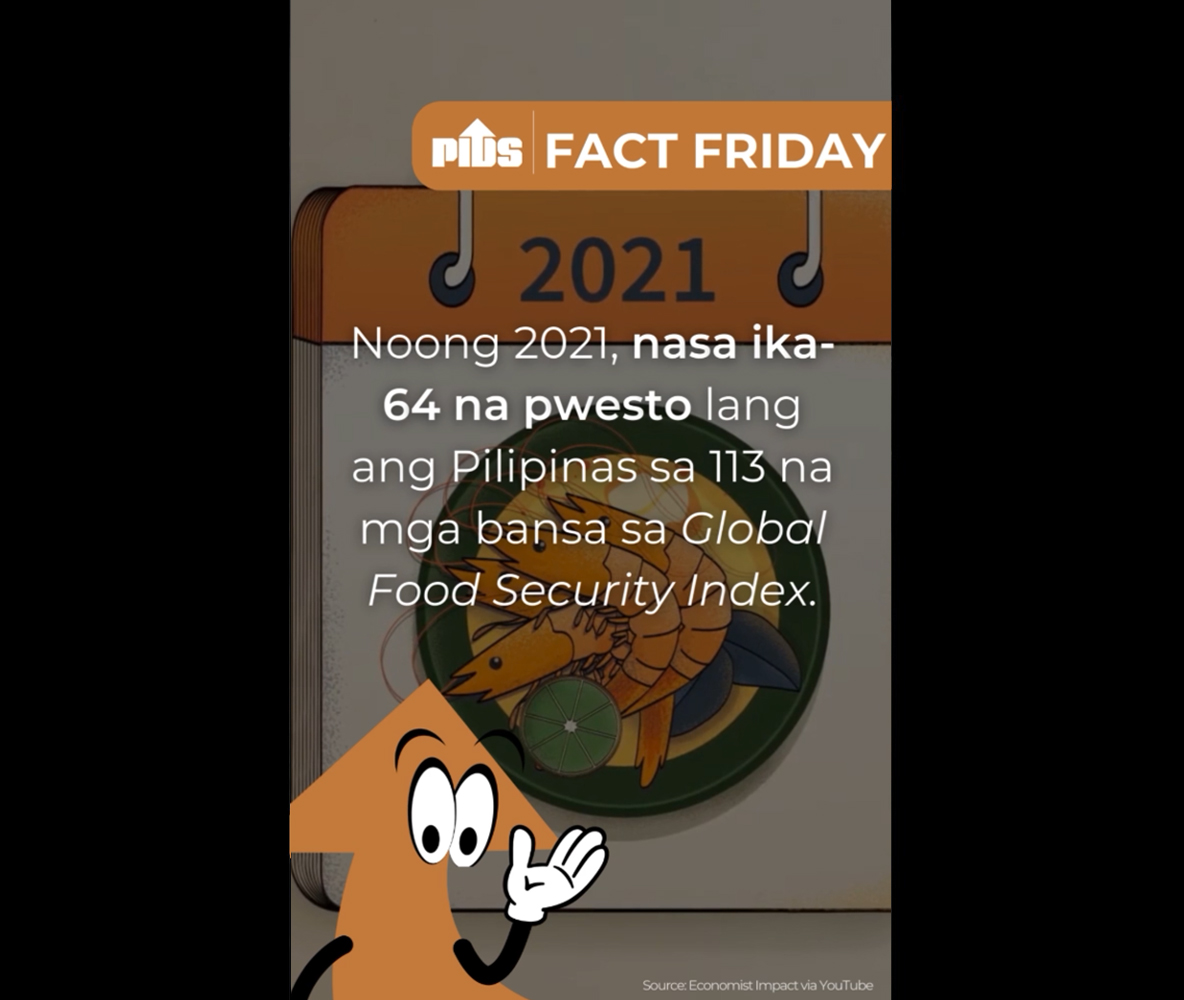LOCAL economists threw their support behind the proposal of Speaker Gloria Mapacagal-Arroyo to cut tariffs on certain food items to temper inflation.
However, some of them urged the government to calibrate the tariff cuts to ensure that farmers and fishermen would not be harmed by the entry of more imports.
Last week Arroyo proposed to the President’s economic team the temporary removal of the tariffs for meat and fish products to stabilize commodity prices.
“Allowing more imports of food by lowering tariffs will be a temporary solution. In the long run, the fishermen and farmers will be adversely affected,” Ateneo Eagle Watch fellow Leonardo A. Lanzona Jr. told the BusinessMirror.
Philippine Institute for Development Studies (PIDS) senior fellow Roehlano Briones said, however, that the entry of more imported farm products at lower tariffs would help keep food affordable.
The proper implementation of the zero-tariff scheme for some food items, according to Ateneo Center for Economic Research and Development (ACERD) Director Alvin P. Ang, should be of paramount importance to the government.
Albay Rep. Joey Salceda, Arroyo’s special focal person for Counter-Inflation Measures, said “vigorous economic measures” would cut inflation to 4.4 percent by December.
Salceda said the Duterte administration has committed to import fish, feed wheat, vegetables and rice. However, “no firm figures on the volume except for rice.”
Earlier, the lawmaker said Arroyo wants the President to consider reducing tariffs on fish and meat imports to zero but needs Congress to be in recess. Under its legislative calendar, Congress will take a break from August 16 to 27.
Salceda added that the Speaker also wants the National Food Authority to purchase 500,000 metric tons of rice with staggered deliveries over five to six months.
He said he suggested to the Department of Energy (DOE), Energy Regulatory Commission and other regulators to defer regulated price adjustments, “which add to cost pressures until inflation goes back comfortably to the 2 percent-to-4 percent target band.”
The Speaker, he said, also urged the DOE to consider deferring the implementation of a regulation that requires the addition of z-ethane in oil products, as well as the new feed-in-tariff allowance, which increased from P0.18 to P0.26/kwh, as this contributed to the hike in Meralco rates.
‘Alarming inflation’
Lanzona said the forecast of the Bangko Sentral ng Pilipinas that inflation would reach 5.8 percent in July is “alarming,” as this is above industry and government expectations.
To tame inflation, Lanzona said there is a need to improve the efficiency in the use of petroleum. He added various infrastructure projects need to be implemented to bring down the cost of public transportation.











